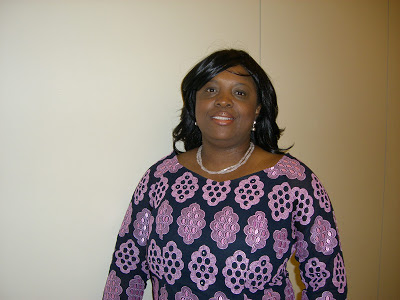Sierra Leone | West African Snapshot
"We have citizens claiming ancestry to migrants from as far north as the Maghreb; we have brethren whose ancestors came from all over the Upper Guinea Coast and the Sahel, as well as Nigeria and Ghana. There are other citizens born in this land whose forbearers came as far off as the Indian sub-continent and the Mounts and Valleys of Lebanon and Syria...This is a nation of varied traditions, dress and cuisines; but we have showed cultural unity and cohesion that are not in existence in many parts of the continent." ---President Koroma, Inauguration Speech, February 2013
My name is Adwoa-Kitiwa. Adwoa (pronounced Ajuwah) is a Ghanaian name for a girl born on a Monday. Kitiwa means small in the Akan language.
My eldest sister was also a Monday born, so she was the first Adwoa in the family. She was Adwoa-Kesie and I became Adwoa-Kitiwa. The origin of Adwoa is from the Ashanti region of Ghana, Kumasi. I spent my early childhood/formative years in Kumasi and completed elementary and secondary education in Freetown, Sierra Leone.
 |
| Adwoa-Kitiwa Claudia Bultman wears a kente scarf presented to her parents by the Asantehene in Jan. 1942 |
I have been fortunate to have traveled to West African cities such as Accra, Ghana; Dakar, Senegal; Lome, Togo; Abidjan, Ivory Coast; Conakry, Guinea; Monrovia, Liberia; and Banjul, Gambia. All these cities have some historical relevance dating back to the kingdoms of Ghana, Mali and Songhai.
I hold sweet memories of all the cities I have visited but the most important has been Freetown-I consider it to be my home city. It made me who I am; shaped my life from an early age from an educational, cultural and spiritual point of view.
Having a dual heritage enriches ones life, allows for diversity of culture and tradition as well as being tolerant of other people’s culture. I am proud to be associated with Ghana where I was born and Sierra Leone where I was bred.



Comments